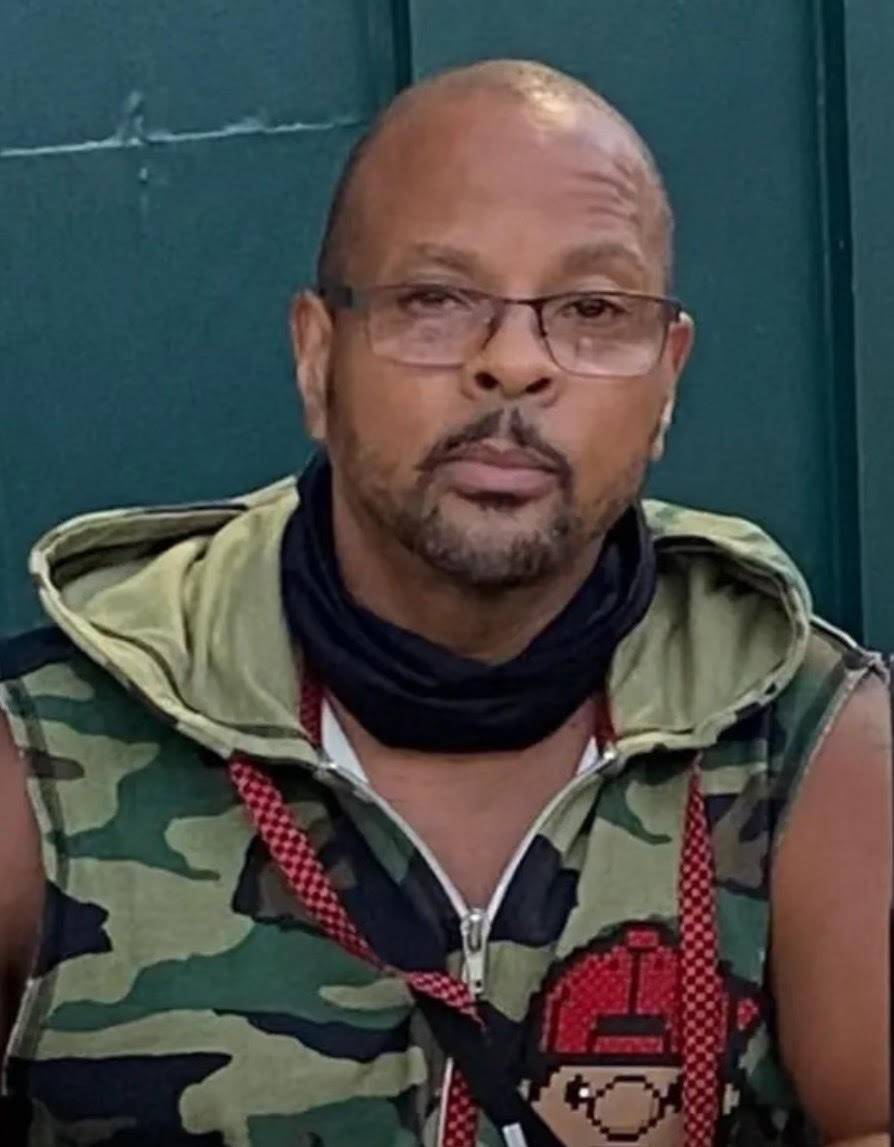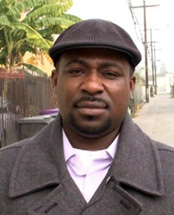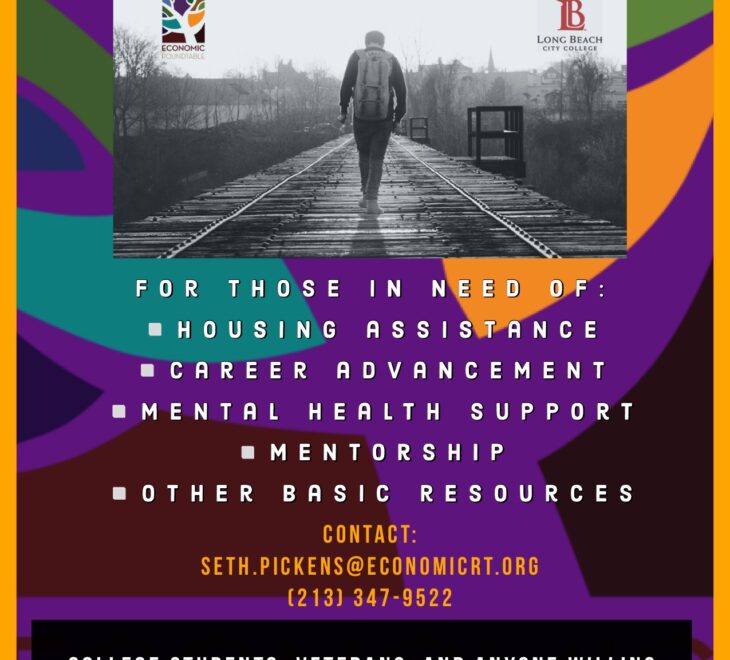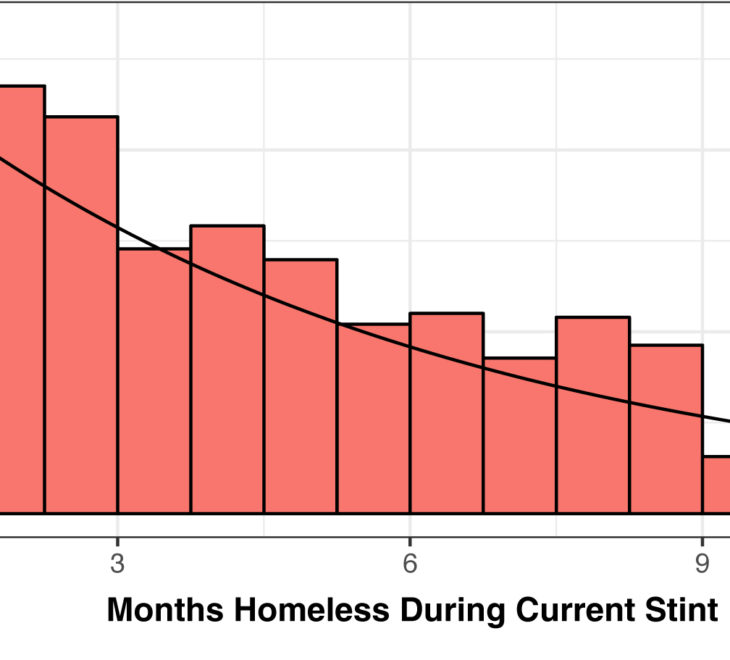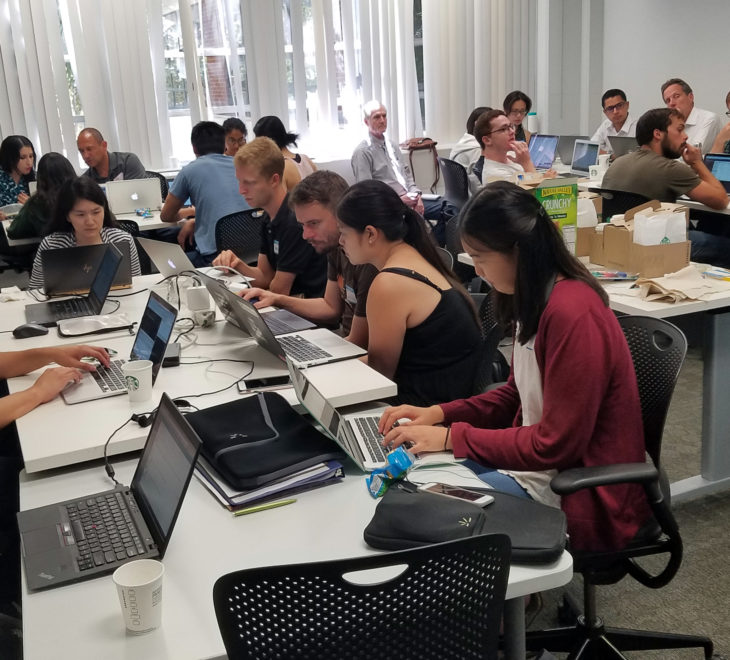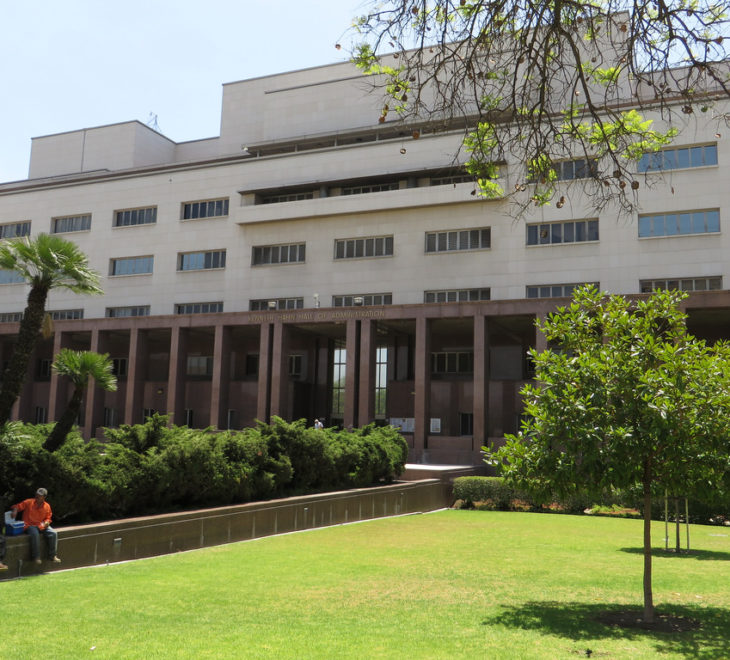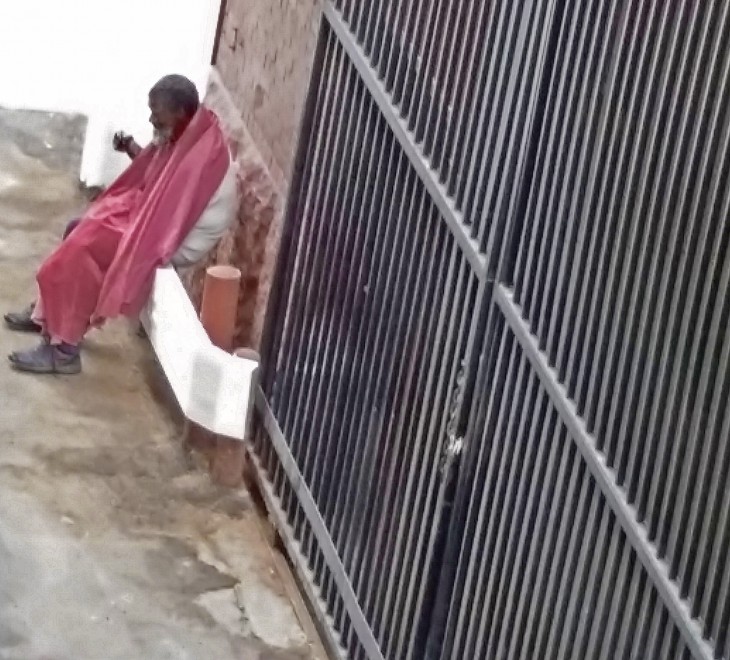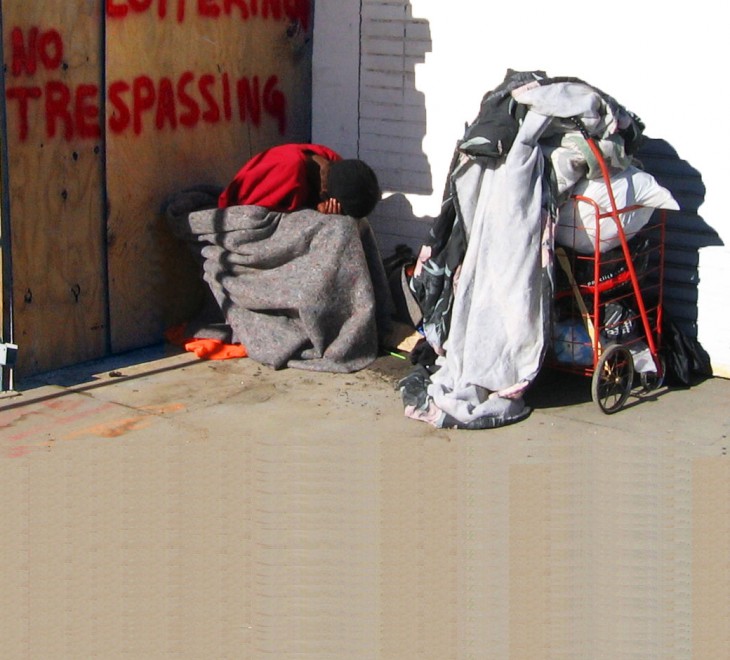Realization Project
Systems Change through Income Empowerment and Housing as a Right
Overview
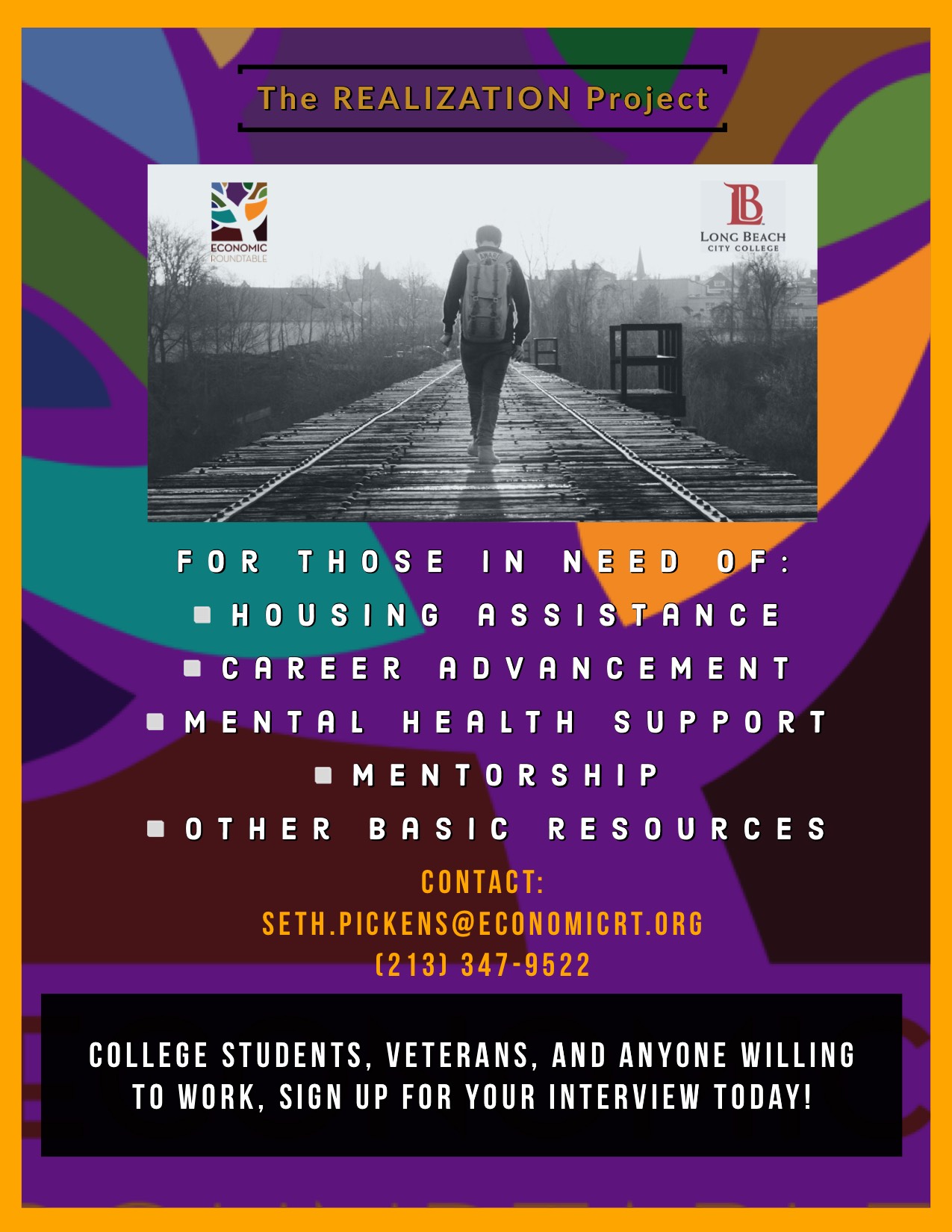
The Realization Project is a path breaking, system-change initiative. It is the only homeless employment project that can empirically and systematically identify individuals who are on the path to chronic homelessness for early intervention. Utilizing sophisticated analytical tools the project can quantify future public costs incurred if these individuals remain homeless, to document the cost-effectiveness of project outcomes.
Poverty and underemployment are often symptoms of deeper trauma that is profoundly damaging, devaluing, and confidence-shattering. The innovative framework of the Realization Project lays the groundwork for practical discourses on justice and emotional intelligence in community. This fundamental level of human equity is more vital than mere sociological labels. Realization Project participants’ justice work begins with doing themselves justice through learning and performance.
At the heart of the project new allies and resources engage daily with participants to help them heal past traumas and build their resilience. Group and individual empowerment coaching nurtures each participant’s spiritual self-image and understanding of how to develop the skills for their desired career direction. Coaching also develops each participant’s ability to pursue technical and college classes and other resources essential for finding desired jobs paying a living wage.
Project Design to Overcome Past System Failures
Efforts to reform homeless service systems most often target failures in the housing market, social services and public health systems, overlooking the labor market. Homelessness is a problem of inadequate income as well as of unaffordable housing. Employment is an important and under-utilized tool for providing income, dignity and housing for homeless individuals.
This initiative to prevent persistent homelessness is empowering high-risk unemployed workers and young adults to earn a living-wage and claim a permanent right to housing. It addresses chronic homelessness as a problem of racial injustice as well as a problem of inadequate income by providing comprehensive services and skill development for jobs paying wages that cover rent for adults on a path to chronic homelessness.
Two predictive screening tools developed by the Roundtable are used to identify individuals who are likely to be persistently homeless. These tools were developed using data covering 15 years in the lives of over 1,000,000 people who experienced homelessness, as explained in the report, Early Intervention to Prevent Persistent Homelessness. Predictive scores from the screening tools identify high-need individuals along with their likely future public costs if they remain homeless.
Employment expands the array of system-change strategies for combating homelessness by highlighting the agency and capacity for self-determination of homeless individuals. It leverages the lived reality that two-thirds of homeless adults are doing something to earn money and one-third are trying to find a job in the formal economy. This is a societal asset for empowering these individuals to shape their own trajectories out of homelessness.
Homeless workers have diverse needs. Interventions should be targeted to match the type and severity of workers’ needs, ranging from direct employment to heavy-touch intervention with housing, behavioral health services, job training, and employment.
Within the spectrum of need among homeless workers and the range of possible interventions, the Realization Project is targeting high-barrier, high potential individuals who are likely to be persistently homeless and have public costs of over $15,000 a year. It is an evidence-based strategy for aligning risks with an intervention that costs less than the problem it solves. Project outcomes are validating the effectiveness of employment in preventing homeless and ensuring a right to housing.
Approach
The Realization Project jumpstarts the current model of giving progressively more help to individuals the longer they remain homeless. Early re-employment opens a new line of attack on homelessness as a problem of economic opportunity and human potential.
Participants receive individually tailored support. Services include housing, mental health therapy, team building, vocational assessment and mentoring, career planning, access to apprenticeship training for union jobs, academic advisement, coaching on obtaining and keeping a job, and post-employment support. The project’s cohort model fosters a sense of community centered around promoting the achievement of personal goals for employment, housing, and education. Individually and as a group they develop skills needed to overcome their challenges, posed by poverty, lack of family support, foster care experiences, discouragement, anxiety, depression, gaps in educational knowledge, criminal justice records, and unfamiliarity with living wage occupations.
Spiritually Relevant Approach
The project’s curriculum recognizes that restoration of the human spirit and rebuilding hope and purpose are essential for individuals to achieve their personal potential. Deeply damaging trauma that is profoundly devaluing and confidence-shattering is universal among participants. When participants heal core emotional wounds, they can achieve a personal renaissance. The project operates at a level of fundamental human equity and inherent worth more essential than sociological labels. The project engages spirituality and cultural imagination to awaken these possibilities.
Spirituality is about healing, interconnectedness, authenticity, and/or connection to a higher power. While spirituality does not require religious or sectarian adherence, it is typically engaged through some aspect of cultural imagination. Honoring and promoting diverse entry points into spirituality not only assures cultural relevancy, it facilitates greater self-awareness, confidence, and wholeness across demographic lines. Trauma informed care and unconditional positive regard lay the groundwork for intense discourses on justice, emotional intelligence, self-esteem, fear, and forgiveness.
Project Methods
The project serves as a laboratory for developing specific tools and resources to successfully serve high-need, high-barrier individuals from historically marginalized communities. The project design is continuously refined based on participant feedback and outcomes as well as ongoing dialogue with homeless service providers, mental health providers, workforce development experts, labor leaders, faith leaders, elected officials, and other partners, advocates, and stakeholders.
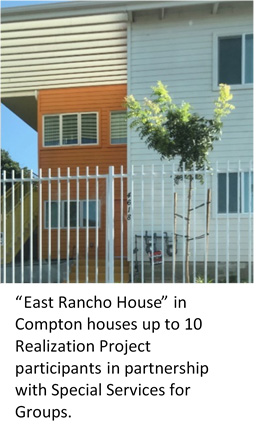 The first cohort of participants was recruited from among homeless students at Long Beach City College. Homeless candidates undertake an interview that begins with an explanation of the nature of the project, then determines their probability of becoming chronically homeless using predictive screening tools, and assesses their fitness and motivation to advance in the workforce. Qualified applicants sign an agreement affirming their commitment to participate intensively in the project and use its help to obtain a living wage job.
The first cohort of participants was recruited from among homeless students at Long Beach City College. Homeless candidates undertake an interview that begins with an explanation of the nature of the project, then determines their probability of becoming chronically homeless using predictive screening tools, and assesses their fitness and motivation to advance in the workforce. Qualified applicants sign an agreement affirming their commitment to participate intensively in the project and use its help to obtain a living wage job.
Participants receive immediate housing and mental health support, and access to the full array of project services. They engage a curriculum focused on professional employability as well as individual psycho-emotional development. Topics, themes, and concepts include resume writing, job searching, home economics, and mock interviews as well as emotional intelligence, self-expression, meditation, and focus. Housing and personal development plans are workshopped for ongoing participant execution. Participants join in a process of vocational discernment leading to employment plans, provide prioritization, benchmarking, and accountability for each other’s goals, and are encouraged to help teach curricular modules.
Findings about project outcomes, methodology and lessons learned are being documented for a report on best practices for whole-person, justice-oriented, employment-based homeless intervention.
Research Design
The Homeless Policy Research Institute has awarded a grant to the Economic Roundtable to carry out systems-change research for rethinking services with communities of color. This funding is being used to document impacts from the Realization Project. This is the only project of its kind in Los Angeles or the nation: an equity-based employment-program providing housing, therapy, and resource services that is rooted in love and evidence-based research. The Economic Roundtable Institutional Review Board is overseeing an evaluation, using anonymized data, that documents and analyzes equity-centered practices that enable homeless people of color to avoid chronic homelessness. Data elements for analyzing the project include: 1) referral source, 2) information used for predictive screening, 3) predictive screening probability of persistent homelessness, 4) demography, 5) personal history, 6) homeless history, 7) trauma assessment, 8) personal barriers to stability and long-term employment, 9) employment history and interests, 10) personal goals, 11) vocational assessment results, 12) career plan, 13) housing plan, 14) academic performance, 15) services received, 16) attendance in cohort activities, 17) pre- and post-project Hope Scale scores, 18) individual case management and social work records, 19) type of project exit, 20) duration of participation, and 21) employment and housing outcomes after project exit and at six months.
In keeping with the community-based, equity-driven approach of the project, participants engage in critiquing the project and identifying challenges, lessons learned and crucial strengths.
System Change
The Realization Project was planned and launched in collaboration with thirty organizations convened by the Economic Roundtable, the California Labor and Workforce Development Agency and the Los Angeles County Federation of Labor. A similar broad alliance of stakeholders is being organized to advocate for system change to make greater use of employment as a tool for combatting homelessness.
The costs for the Realization Project are offset by avoiding ongoing high public costs that would be incurred if the participants were not helped and became persistently homeless. These savings together with the participant profile make the project scalable through linkages with public systems for transitional housing, public assistance, mental health care, health care, education, vocational training, apprentice training, employment services, and targeted employment.
The Realization Project is positioned to expand and strengthen existing systems for preventing homelessness for six reasons:
- There is broad public support for empowering homeless adults to earn an income, afford housing and share in the dignity of work.
- Many homeless adults want to work and there are untapped resources for helping them achieve this goal.
- The project prevents chronic homelessness by using evidence-based screening tools to target high-need workers for early intervention.
- Costs for comprehensive employment services are offset by the public costs that are avoided by preventing persistent homelessness.
- Employment is a collaborative strategy that complements housing, mental health and social service systems without competing for the same resources.
- Employment is a scalable strategy because there are multiple mainstream sources of potential support including public job creation initiatives, local hire agreements, college and university grants, job training programs, and union apprenticeship programs.
In addition to endgame housing for chronically homeless individuals based on acuity of need, the Realization Project is prioritizing high-risk workers who are likely to stay homeless for pre-emptive employment. Evidence-driven employment intervention is a system-changing strategy that expands the array and timing of tools for preventing homelessness.
Underwriting
The project has been funded by the California Community Foundation, the Weingart Foundation, the Long Beach City College Foundation, the James Irvine Foundation, the Ralph M. Parsons Foundation, Kaiser Hospitals Foundation, the Homelessness Policy Research Institute at USC, and the Economic Roundtable.
Project Team
The project director is Seth Pickens. He can be reached at: seth.pickens@economicrt.org. The social work director is Ana Alvarez Amaya. She can be reached at ana.alvarez@economicrt.org. The strategic liaison is Kokayi Kwa Jitahidi.



